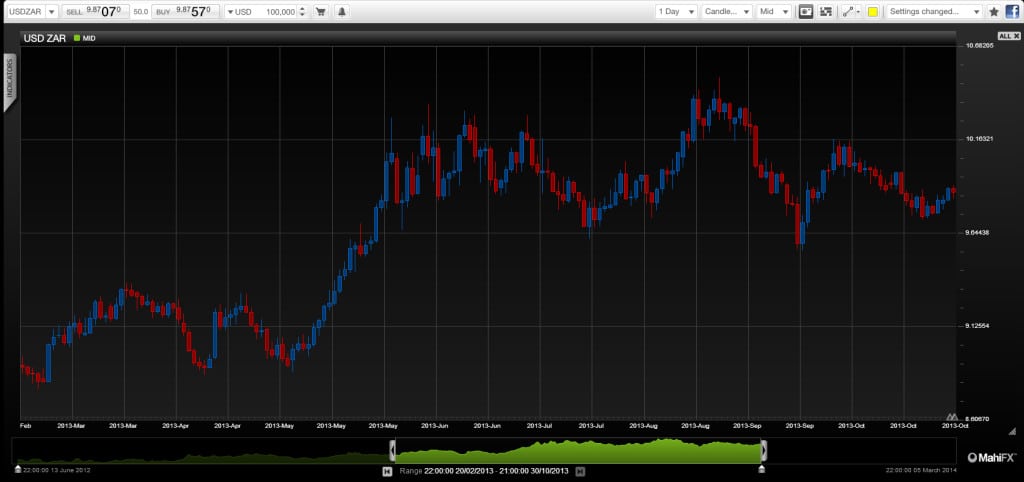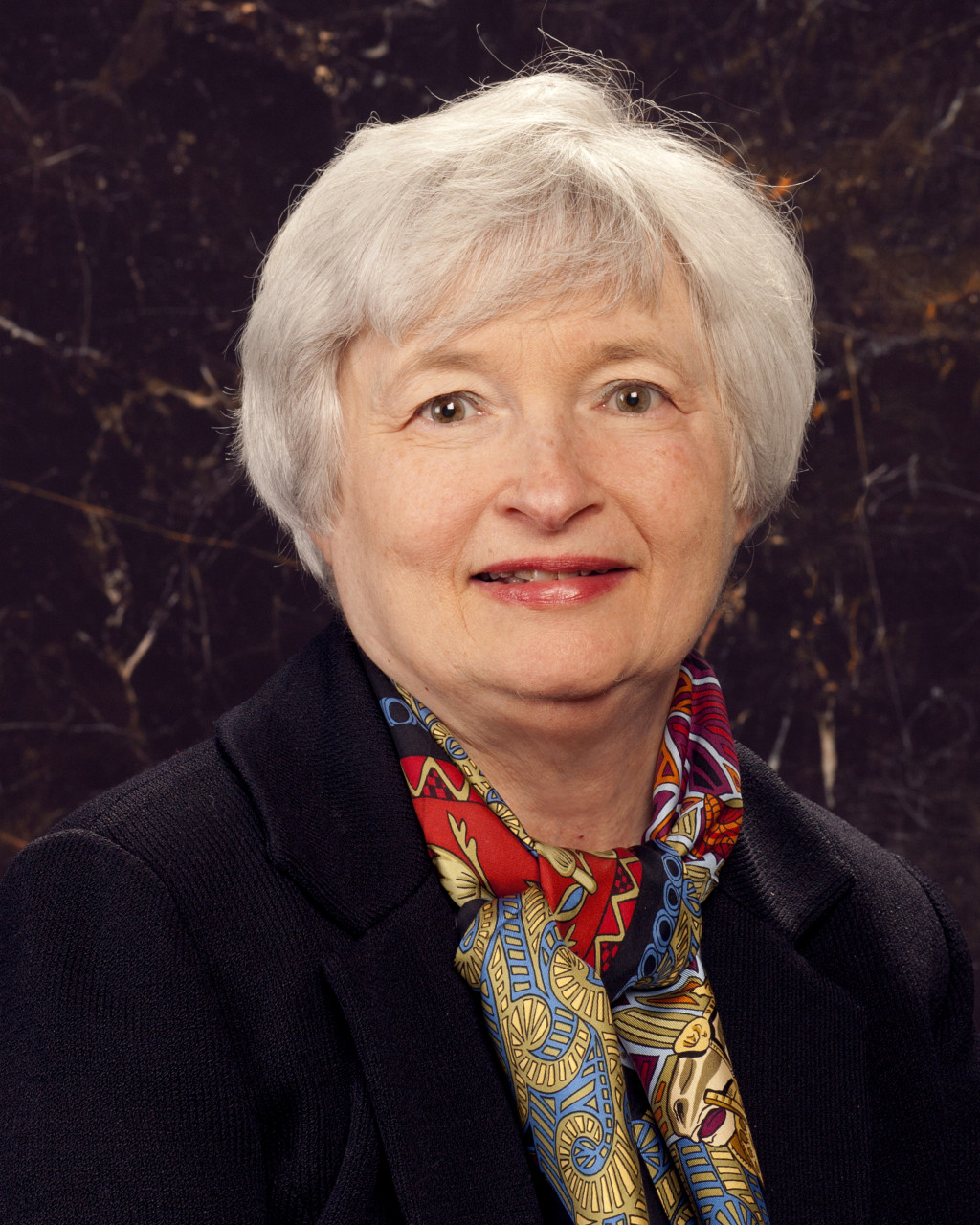Many emerging market currencies are vulnerable to severe sell-offs the day the US Federal Reserve reins in its quantitative easing programme. The timing of the so called Fed taper – and possibly an emerging market crisis – is complicated by several factors.
Many emerging market countries have over-dosed on easy money from the central banks of developed countries. Some have ended up becoming addicted to those capital flows as current account deficits have swelled along with the misallocation of assets.
By Justin Pugsley, Markets Analyst MahiFX Follow MahiFX on twitter
The timing of the Fed’s taper is therefore vitally important to the health of many emerging market currencies such as ZAR, BRL and the TRY to name a few. If it was just down to US economic activity the timing of the Fed taper would be easier to call.
But politics considerably muddies the picture. The political theatrics in Washington, which will be back for an encore sometime in February 2014, are likely to complicate the Fed’s tapering as it did this month. These political showdowns tend to sap economic confidence.
USD/ZAR vulnerable to big sell-off
The Yellen factor
But that’s not all. On January 31, Janet Yellen takes over as Fed Chairwoman. And the Fed taper is likely to fall on her watch. The markets are assuming she will be dovish on monetary policy going by her speeches and actions and chances are she will.
However, the Fed has developed a bad habit of mis-communicating with the market. A new governor of the Fed substantially increases the chances of misinterpretation by the markets, which may create volatility.
She could for instance stress a desire to start the taper as soon as possible with the usual economic caveats – but even that could be enough to unnerve emerging market currencies.
QE must end
After all there are growing concerns in the central banking community and elsewhere that years of quantitative easing is creating new potentially dangerous asset bubbles whilst only having a marginal beneficial impact on the real economy. It will almost certainly come down to Yellen and her team to figure out how to rein in QE – it simply can’t carry on forever and the longer it does, the harder it will be to exit.
Another factor are reforms to financial markets in China. The authorities there are attempting to put pricing power for interest rates more in the hands of the market, which may lead to more expensive credit – another factor that could hurt emerging market currencies.
Ironically the political shenanigans in Washington are buying time for emerging market countries to quickly get their economies in order. And they need to. Because once the Fed taper starts many of them could face a financial crisis as capital is sucked out leaving their currencies and asset markets to crash.
Further reading: Adjusting to the Fed


